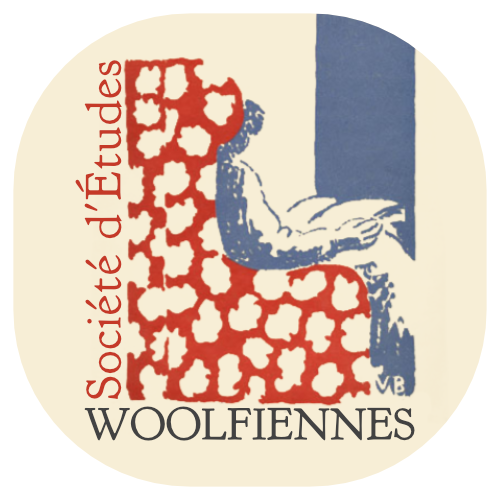MODERNIST COMMUNITIES
The inaugural international conference of the French Society for Modernist Studies
25-26 April 2014, University of the Sorbonne Nouvelle – Paris 3, Paris, France
Organiser: Caroline Pollentier
Click here for further information, including the conference programme and abstracts.
Call for papers
The aim of this two-day conference is to foster discussion on communities in the modernist period. As discursive constructs and historical practices, communities constitute a privileged phenomenon from which to understand the political and ethical regime of modernist texts, as well as the actual forms of collective experience in which writers and readers were involved. More than a decade after Jessica Berman’s landmark work on « the politics of community » in modernist fiction, we seek to explore the various ways in which communities were configured across genres and artistic media, but also to acknowledge the grounds of their historical and cultural specificity. We hope that this will lead us to distinguish various versions of the communal, from the ideal to the empirical, from the utopian to the everyday, from consensus to dissensus.
Communities can be recorded at a symbolic as well as a material level, both inside and outside modernist texts themselves. We therefore encourage a variety of critical approaches, ranging from historicist and sociological, to aesthetic and philosophical. Through this critical diversity, we are particularly interested in investigating the historicity of modernist communities: how can we identify the historical singularity of modernist communal forms? How can we account for the changing scales, spaces and media of communal thinking in the modernist period? This emphasis on a historical being-in-common—what Jean-Luc Nancy defined as the community of the contemporary—can fruitfully be coupled with a critical reading of various later theories of community, from Benedict Anderson’s « imagined communities » to Jacques Rancière’s aesthetic conception of « the common ». To what extent do modernist texts lead us to understand or challenge such theories? By taking a far-ranging approach to the concepts, forms, and historical practices of community, we hope to map out the plurality of this phenomenon, while recording its persisting elusiveness.
As the conference will inaugurate the creation of the French Society for Modernist Studies—Société d’Etudes Modernistes—, we seek to bring together scholars from all countries and hope to strengthen collaborations between French and international researchers.
